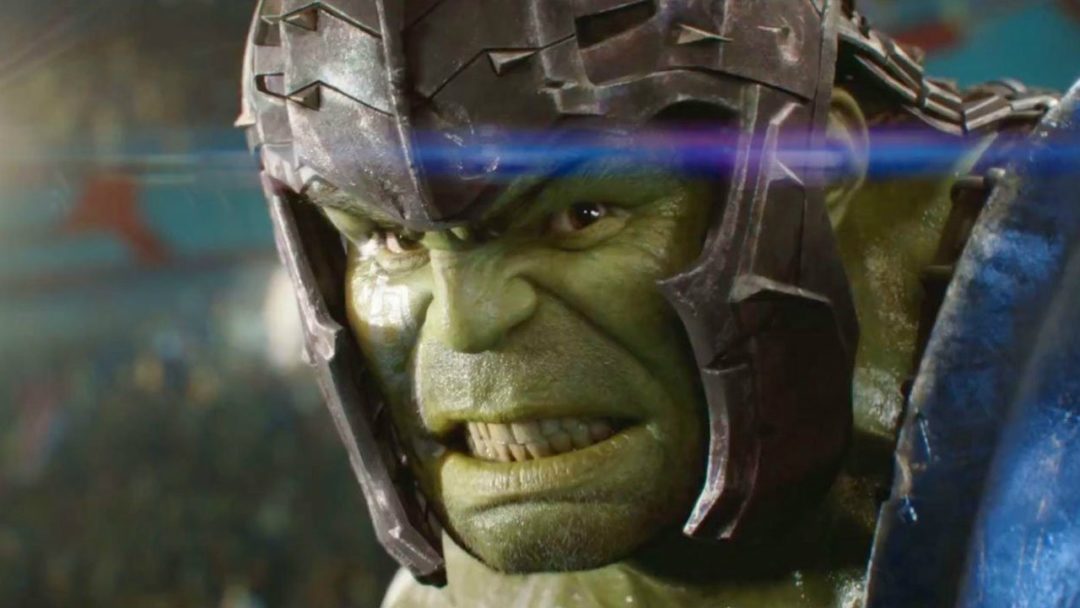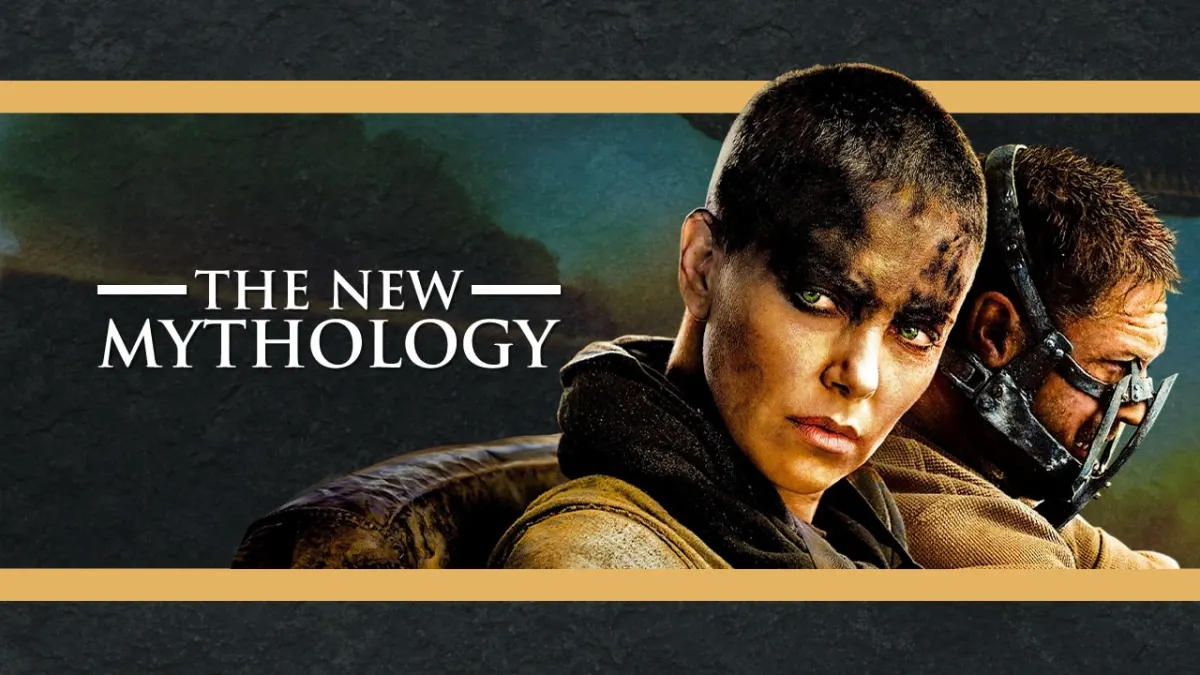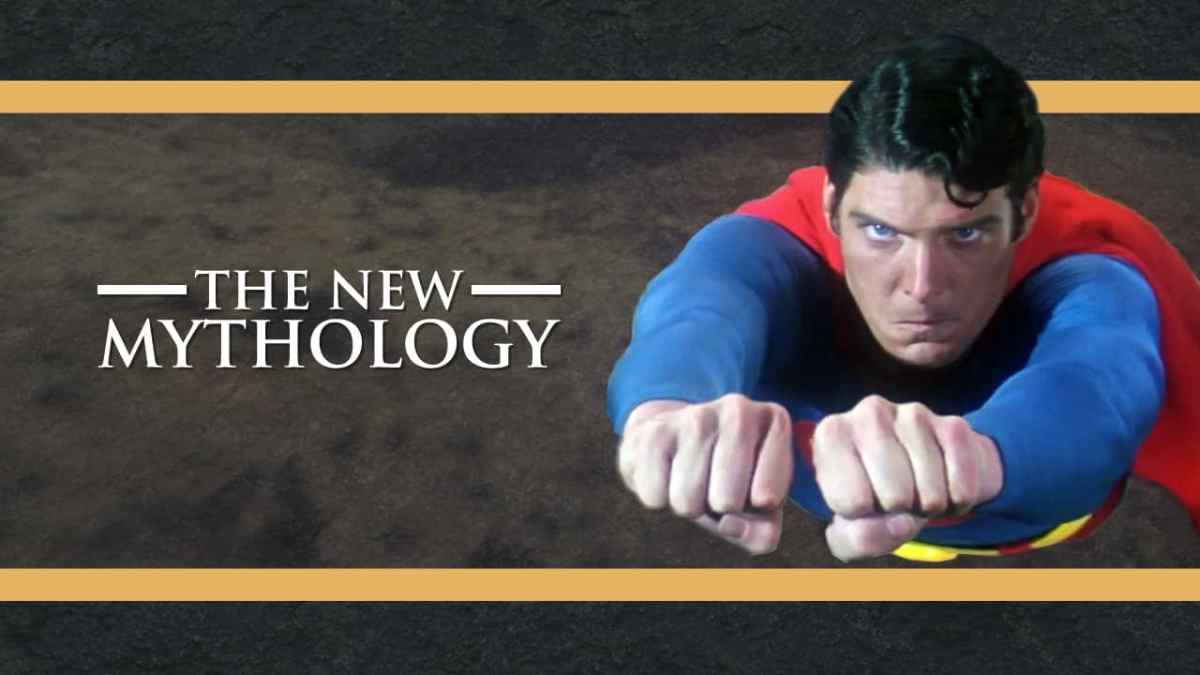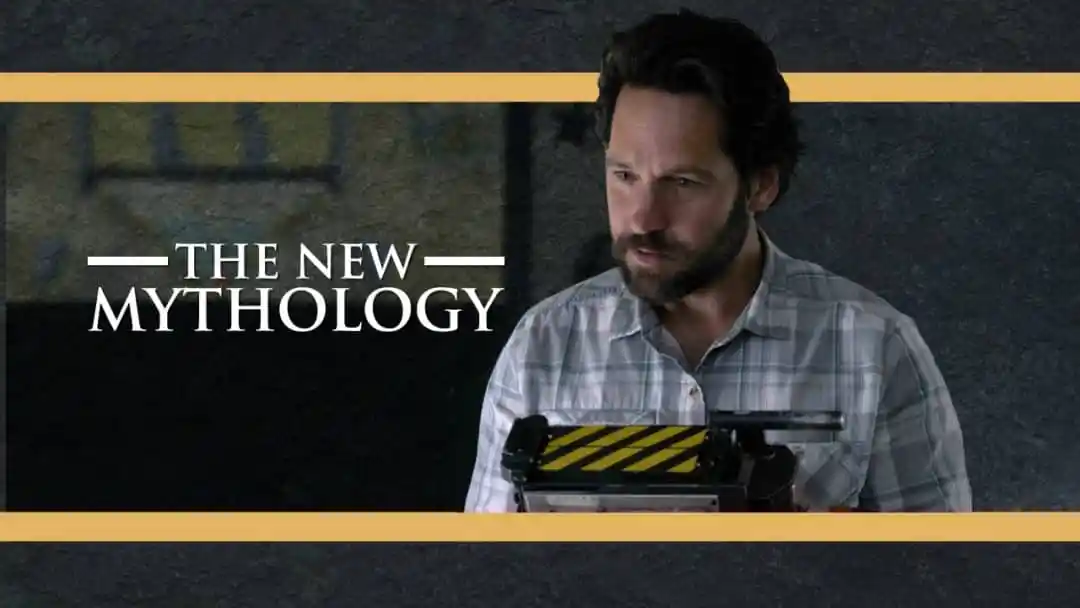“Dr. Banner. Now might be a really good time for you to get angry.”
“That’s my secret, Captain. I’m always angry.”
That dialogue between a stiffly heroic Captain America (Chris Evans) and the schlubby, shuffling Bruce Banner (Mark Ruffalo) in The Avengers is one of the most memorable exchanges in the Marvel Cinematic Universe. It’s a quip, a boast, and a subtle, evocative bit of character development.
For a second there, the Hulk becomes the most interesting character in the movie. As Banner hulks out and crushes a giant flying dinosaur snake thing, you’re left wondering what exactly goes on under his tousled hair and frumpy wardrobe. Where does his anger come from? Is the Hulk his dark other, or is all that green steroidal rage just a manifestation of something that was there all along? Who is Bruce Banner anyways?

The MCU films, unfortunately, never answer those questions. We never learn why Banner is angry all the time that he doesn’t actually seem to be that angry in the rest of the franchise’s films. Ruffalo never loses his nerdish charisma, but Banner’s character flickers in and out of the MCU films, bringing with him compelling questions that are abandoned as soon as the plot moves somewhere else.
You could blame the writers, Ruffalo himself, or MCU mastermind Kevin Feige. But none of them is really at fault. The Hulk is incoherent rather than incredible for one reason — money. Universal holds the rights to the next Hulk movie, and they’ve been unable to come to a deal with Marvel. As a result, Bruce Banner has been relegated to a secondary character in other people’s movies, and his development has inevitably become an afterthought.
It’s no secret that executive maneuvering affects what stories fans get to see. Infighting between Sony and Marvel has torpedoed Spider-Man’s involvement in the MCU. The MCU’s Hulk is just another striking example of how corporate decisions can strangle creative possibilities.
Banner’s patchwork plot arcs can be seen in Thor: Ragnarok, where he shows up on a distant planet having apparently been the Hulk for years. The film doesn’t really explore how he got there, why he was hulked out for so long, or what that kind of extended transformation has done to him psychologically. The whole incident is just treated as a side gag in Thor’s more important quest to save Asgard. That’s reasonable since it’s Thor’s movie.

Similarly, in Avengers: Infinity War, Banner loses the ability to turn into the Hulk for reasons that are never made clear. Is the Hulk afraid to come out because he was defeated in battle by Thanos? That’s been the standard reading, but it’s not well developed in the film itself.
By Avengers: Endgame, the Hulk and Banner have merged so that Banner retains his mind in Hulk’s body. This is obviously supposed to be the culmination of the character’s growth process, but it’s hard to evaluate what that growth process was, or how we should react to it, when it took place almost entirely off-screen.
Banner’s relationship with Natasha Romanoff / Black Widow (Scarlett Johansson) is handled even more clumsily. They meet each other in The Avengers in a delightful scene where she tries to recruit him, he tries to scare her away, and both actors are obviously having a blast. One of the few decent ideas in Avengers: Age of Ultron was building on that chemistry to create a budding romance between them.
Unfortunately, things go off the rails after that. Banner decides he doesn’t want a relationship and flies into space, leaving Natasha behind. Supposedly, he does this because he’s afraid that he’ll hurt her as the Hulk, which seems condescending since Natasha herself isn’t worried. But if the problem is his lack of control, why aren’t he and Natasha a couple in Endgame now that he’s no longer losing his mind when he goes green? Was he just never that into her? Was she pissed at him for being an overprotective jerk? Did they ever talk about it? Banner obviously still has affection for Natasha, given his reaction to her death, but beyond that, who knows? One of the oddest, sweetest romances in the MCU just crawls into a plot hole and disappears.

This isn’t a matter of poor writing, acting, or directing. It’s a straightforward problem of logistics. Feige and Ruffalo had a plot arc for Hulk over Thor: Ragnarok, Infinity War, and Endgame that was supposed to upend and explore the relationship between Hulk and Banner. While the upending is still visible, there’s not much room for exploration when you’re not on the marquee and all the other characters who have gotten on a marquee need to get their growth experiences in.
It’s not hard to set up a cute little romance between Happy and Aunt May in Spider-Man: Far From Home. But Hulk’s story is too big and idiosyncratic to get shoved off to the margins. Without his own film, you can’t see the whole Hulk. You just see the rubble he leaves behind.
The MCU’s inability to give the Hulk his due is disappointing. Ruffalo is a really talented and appealing actor, and he and Feige obviously had some compelling ideas to explore. More broadly, though, the failure of Hulk plotting is a reminder of the extent to which the stories films can tell are based around arbitrary but frequently immovable corporate dictates.
Superhero stories can seem like myths because they’re told and retold so often by so many different people that they feel like they belong to everyone. But the fact is that those myths don’t belong to you or me. The Hulk is owned by specific conglomerates who negotiate specific rights to exploit him in specific ways. If someone has a story to tell that interferes with those rights, that’s just too bad for the storyteller. Corporations own our dreams. Maybe that’s why Banner is angry all the time.




